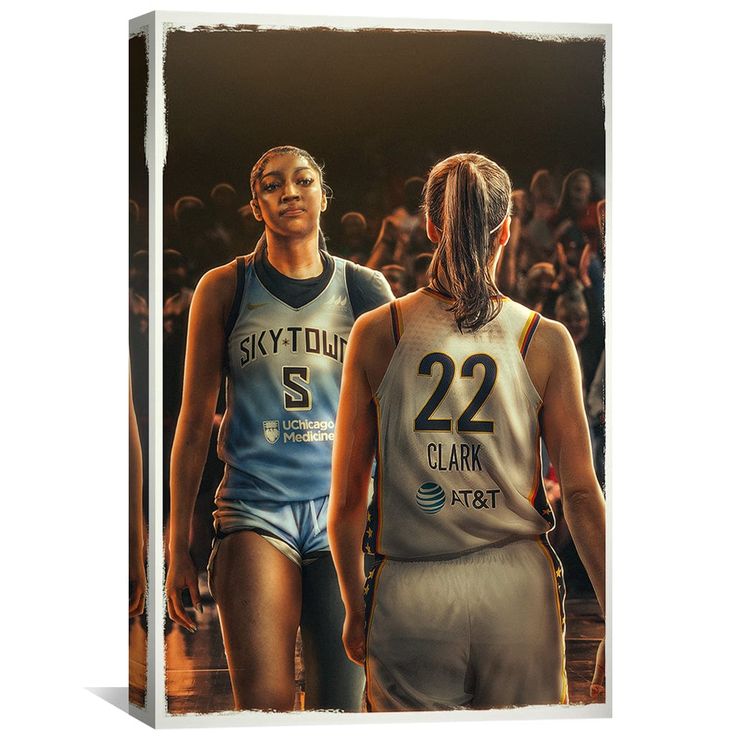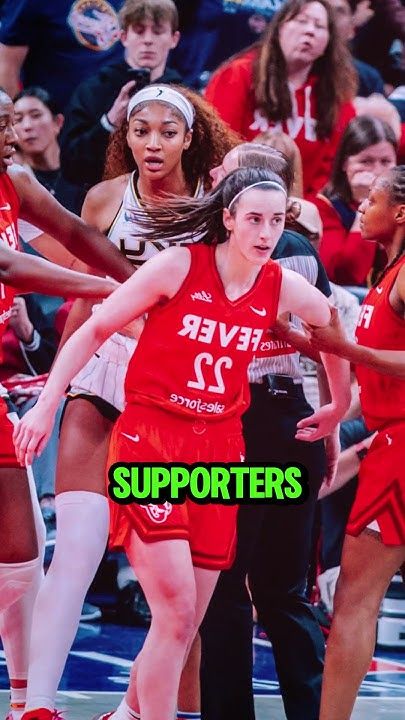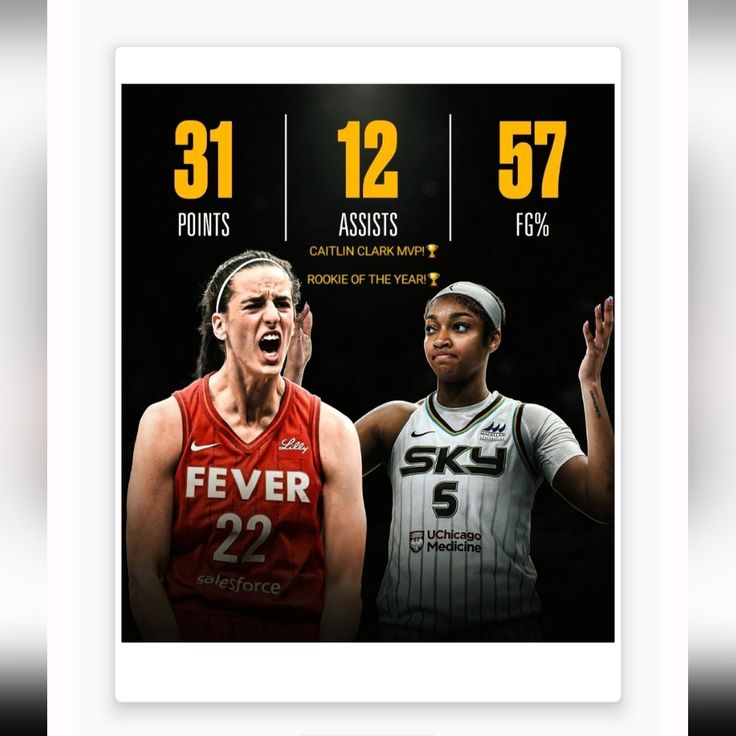Angel Reese: From Rising Star to WNBA Villain – The Stephen A. Smith Controversy
The basketball world has been rocked by explosive allegations from ESPN’s Stephen A. Smith, who has publicly branded LSU standout Angel Reese as a “bully” rather than the victim she claims to be. This shocking accusation stems from a highly publicized incident involving Iowa’s golden girl Caitlin Clark, where Reese’s controversial taunting gestures during the NCAA championship game have now evolved into what Smith describes as systematic harassment and unsportsmanlike conduct that threatens to derail her promising professional career before it even begins.

The controversy that has transformed Angel Reese from beloved college basketball sensation into the WNBA’s most polarizing figure centers around her provocative “you can’t see me” gesture directed at Caitlin Clark during LSU’s championship victory over Iowa. What many initially dismissed as typical competitive banter between rival players has now mushroomed into a full-scale character assassination campaign, with Stephen A. Smith leading the charge by accusing Reese of engaging in “jealousy-driven attacks” and employing “dirty tactics” to undermine Clark’s reputation and achievements in women’s basketball.
Smith’s scathing critique of Angel Reese goes far beyond simple criticism of her on-court behavior, extending into a comprehensive indictment of her character and motivations that paints her as a calculating antagonist who deliberately targets successful opponents. The ESPN personality has argued that Reese’s actions represent a pattern of bullying behavior disguised as competitive spirit, suggesting that her treatment of Caitlin Clark reveals deep-seated jealousy and insecurity rather than the confident swagger that many of her supporters have celebrated and defended.
The transformation of Angel Reese’s public image from inspirational athlete to controversial villain has been swift and devastating, with social media platforms becoming battlegrounds where fans debate whether her actions constitute legitimate trash talk or cross the line into harassment territory. Critics argue that Reese’s continued references to the Clark incident, her social media posts, and her public comments demonstrate an unhealthy obsession with her Iowa rival that goes beyond normal competitive rivalry and enters the realm of personal vendetta and targeted harassment.

Stephen A. Smith’s inflammatory comments have added fuel to an already raging fire, with his considerable platform and influence amplifying criticisms of Angel Reese that extend far beyond basketball courts and into broader discussions about sportsmanship, character, and the responsibilities that come with being a public figure. The ESPN host has suggested that Reese’s behavior represents everything wrong with modern athletics, where social media clout and viral moments are prioritized over respect, dignity, and the traditional values that have long defined competitive sports at the highest levels.
The potential career implications for Angel Reese are staggering, as WNBA teams and sponsors increasingly consider character and marketability alongside athletic ability when making personnel and endorsement decisions that can make or break professional careers. Industry insiders suggest that Reese’s controversial reputation could limit her draft prospects, reduce her earning potential, and create long-term challenges in building the kind of positive public image that successful professional athletes require to maximize their commercial opportunities and establish lasting legacies.
Supporters of Angel Reese have pushed back against Stephen A. Smith’s characterization, arguing that his criticism reflects broader societal biases against confident Black women who refuse to conform to traditional expectations of feminine behavior in sports. They contend that Reese is being unfairly vilified for displaying the same competitive fire and trash-talking abilities that are celebrated when exhibited by male athletes, and that attempts to paint her as a bully represent a double standard that seeks to silence strong female voices in athletics.

The Caitlin Clark factor cannot be ignored in this controversy, as the Iowa star’s wholesome image and record-breaking performances have made her something of a darling in women’s basketball circles, creating a stark contrast with Reese’s more aggressive persona. This dynamic has created a narrative where Angel Reese is cast as the villain in a story where Clark represents everything pure and positive about women’s basketball, a characterization that many argue is overly simplistic and ignores the complex realities of competitive athletics.
The question of whether Angel Reese’s promising career is truly on the brink of collapse remains hotly debated, with some arguing that controversy can actually enhance marketability in today’s attention-driven sports landscape, while others insist that sustained negative publicity will ultimately prove career-limiting. The reality is that Reese’s future prospects will likely depend on her ability to navigate this controversy, demonstrate growth and maturity, and prove that her athletic talents can overcome the character questions that now surround her name and reputation.
As this saga continues to unfold, the basketball community watches with fascination and concern to see whether Angel Reese can rehabilitate her image and prove Stephen A. Smith wrong, or whether this controversy will indeed mark the beginning of the end for what many once considered one of the most promising careers in women’s basketball history.